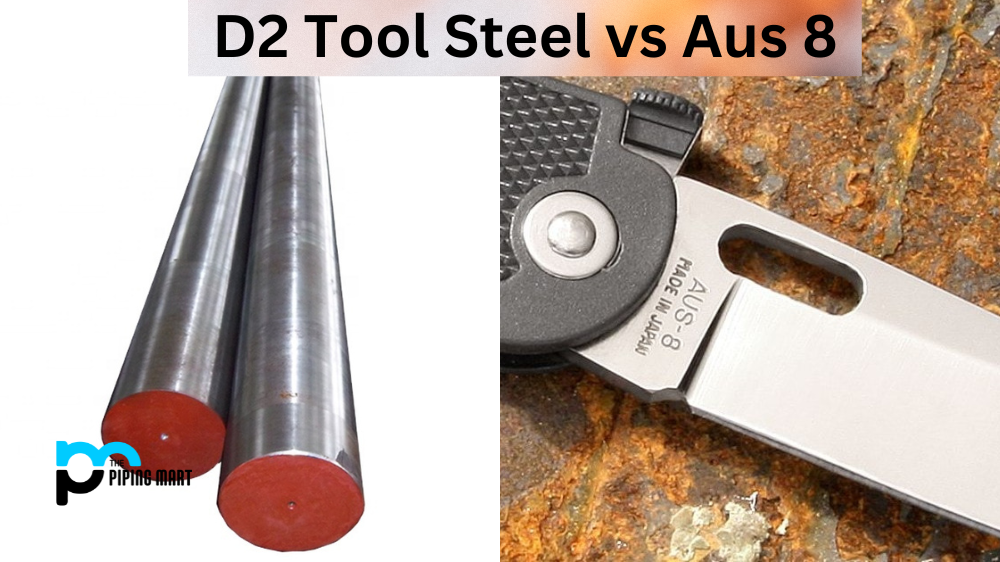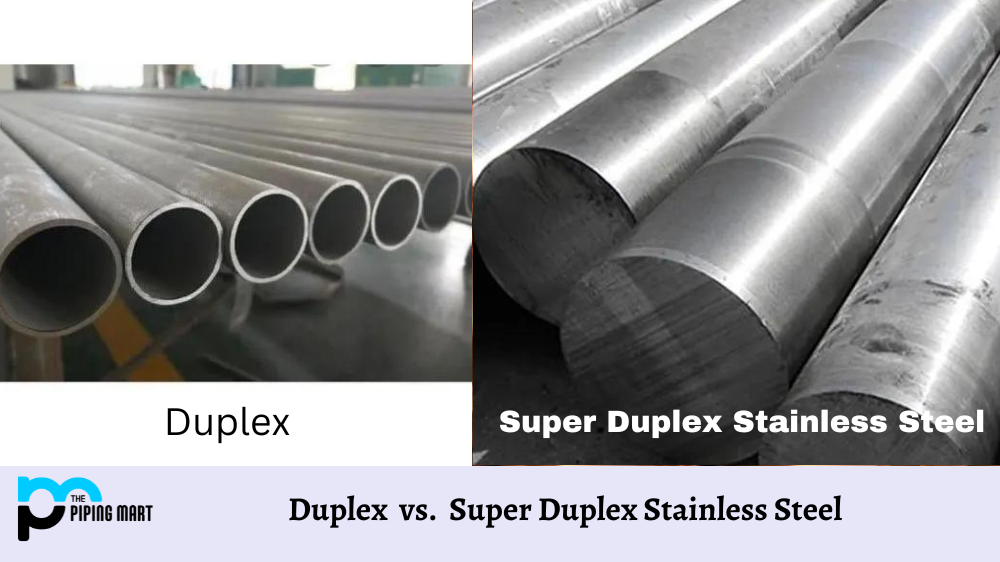Choosing the right steel for a knife can be daunting, especially when many options are available. You might come across two popular sheets of steel: D2 tool steel and Aus 8. But which one is better for knives? In this blog post, we’ll look at both steels and compare their characteristics to help you make an informed decision.
What is D2 Tool Steel?
D2 tool steel is a high-carbon steel known for its exceptional hardness and toughness. It contains 1.5% carbon, 1% chromium, and 12% molybdenum, making it highly resistant to wear and corrosion. D2 tool steel also has good edge retention, making it a popular choice for making knives for heavy-duty tasks. Despite its hardness, D2 tool steel can be challenging to sharpen and requires specialized tools.
What is Aus 8?
Aus 8 is Japanese-made stainless steel that contains 0.75% carbon, 14% chromium, and 0.1% vanadium. It is a popular choice for making knives because it is easy to sharpen, has excellent edge retention, and is corrosion-resistant. Unlike D2 tool steel, Aus 8 has a lower carbon content, making it less brittle and hard.
Difference Between D2 Tool Steel and Aus 8
Advantages and Disadvantages
When it comes to performance, both D2 tool steel and Aus 8 have their advantages and disadvantages. D2 tool steel is significantly harder than Aus 8, which makes it more durable and long-lasting. It also has better wear and corrosion resistance compared to Aus 8. However, because D2 tool steel is harder, it can be more difficult to sharpen and require specialized tools.
On the other hand, Aus 8 is easier to sharpen and maintains its edge longer than other stainless steel. The lower carbon content also makes it more resistant to corrosion. However, it may not be suitable for heavy-duty tasks because it is less hard.
Hardness
D2 tool steel is known for being extremely hard, with a Rockwell hardness of 60-62 HRC. Aus 8, while not as hard as D2, is still a fairly hard steel, with a Rockwell hardness of 56-58 HRC.
Edge Retention
One of the most important properties of a knife blade is its edge retention, or ability to retain its sharpness over time. D2 tool steel is known for having excellent edge retention due to its high carbon and chromium content. Aus 8 also has good edge retention, although D2 could be better.
Corrosion Resistance
Another important property of knife blades is their corrosion resistance, or ability to resist rusting and staining. D2 tool steel has good corrosion resistance due to its high chromium content. Aus 8 has even better corrosion resistance due to its higher chromium content and the addition of molybdenum.
Conclusion
Choosing between D2 tool steel and Aus 8 ultimately depends on your intended use for the knife. If you’re looking for a knife that can withstand heavy-duty tasks, D2 tool steel might be the better choice because of its hardness and wear resistance. However, if you want a knife that is easy to sharpen and maintain its edge, Aus 8 might be a better option. Ultimately, both steels have advantages, and it’s up to you to decide which suits your needs best.

Hey, I’m Krutik, a casual blogger expert in the metal industry. I am passionate about providing valuable information to my readers. With a background in engineering and construction, I like playing Cricket & watching Netflix shows in my free time. Thank you for visiting my blog, and I hope you find my information helpful!




